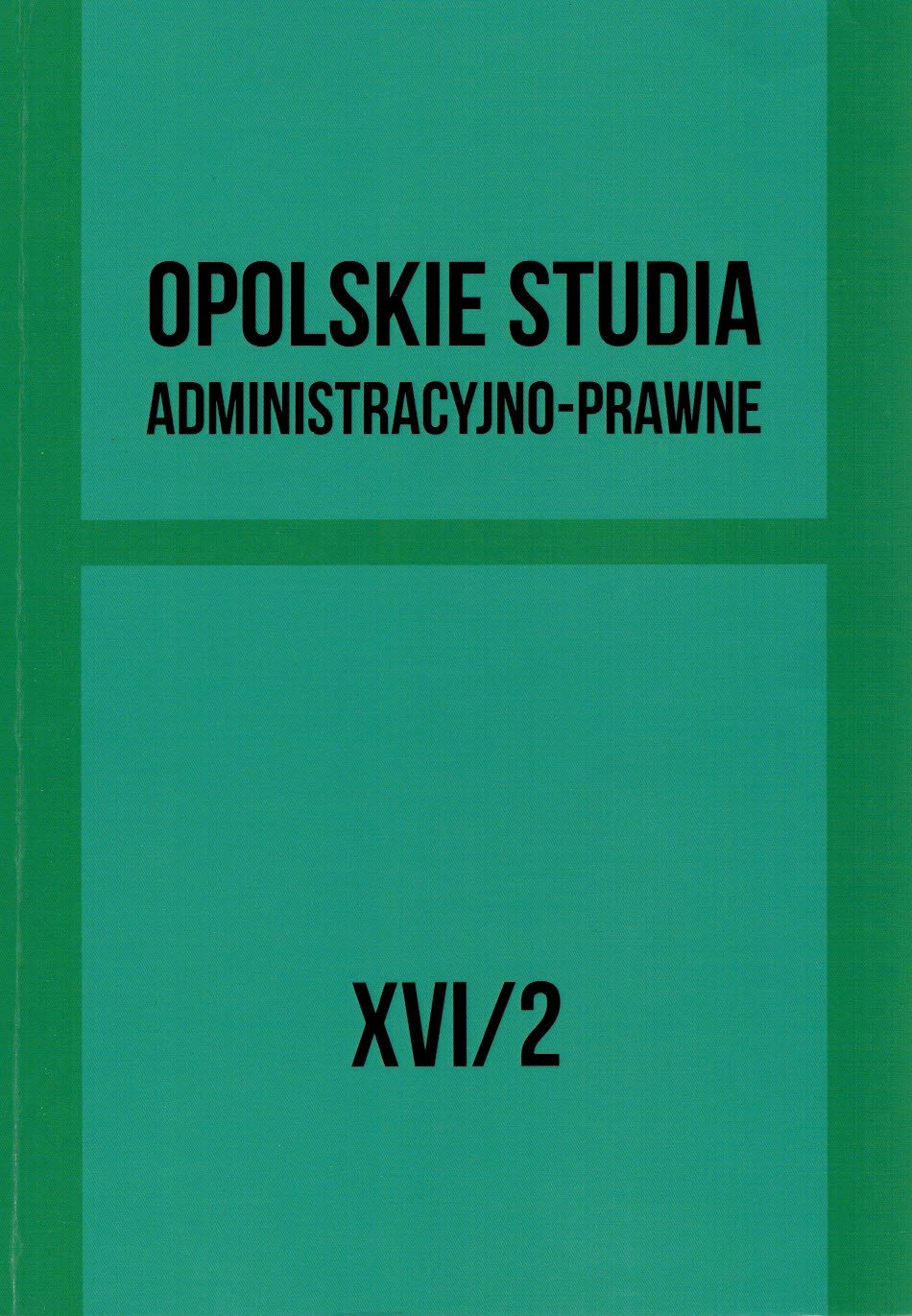Posiadanie w prawie karnym i cywilnym – czy dzierżyciel i prekarzysta może być pokrzywdzonym przestępstwem kradzieży?
Possession in criminal law and civil law – can the holder and a permissive occupant be a victim of theft?
Author(s): Tomasz TyburcySubject(s): Criminal Law, Civil Law
Published by: Uniwersytet Opolski
Keywords: theft; misappropriation; possession; holder; permissive occupant
Summary/Abstract: The structure of ownership in civil law consists of two elements. The first is the element of physical wielding (corpus possesionis), and the second is a psychological (subjective) element; constituted by a presumption in favour of possession – one is always presumed to possess in his own interest (animus rem sibi habendi). Legal possession is the detention (control) or enjoyment of property or right that we hold or exercise by ourselves. Having control over property for someone else is defined in civil law as holding (Art. 338 of the Civil Code), which concerns the realization of a certain task. Possession as a factual status is protected by Art. 278 § 1 K. K. and should be interpreted more broadly than within the civil law definition. It constitutes an actual control over a movable property, which can also be exercised by a holder acting on his own behalf (commissionaire), who is not the possessor within the definition of the civil law. In contrast, it appears that a holder not acting on his own behalf (employee) is not protected by Art. 278 § 1 K. K. It seems erroneous that the protection of unlawful possession in Art. 278 § 1 K. K. depends on the good faith of the holder. Another questionable issue is granting protection for the permissive occupant in Art. 278 § 1 K. K. There is very little attention devoted to this problem both in the case-law as well as literature. It seems that permissive occupant does not attain the control over property, because his actual relationship to it is not an expression of the will of detentor, and therefore he cannot be a victim of theft.
Journal: Opolskie Studia Administracyjno-Prawne
- Issue Year: XVI/2018
- Issue No: 2
- Page Range: 229-242
- Page Count: 14
- Language: Polish

